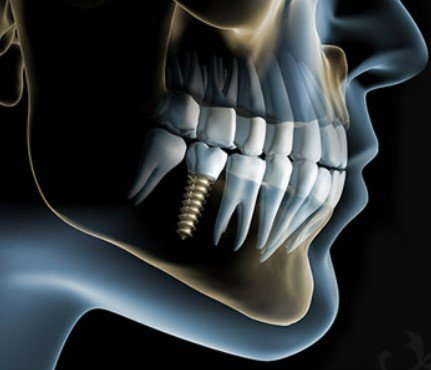








A place for guides, and reference the Knowledgebase is your one-stop library for all things related to dentistry.
What’s baby bottle tooth decay?
Baby bottle tooth decay is caused by long exposure of your child’s teeth to liquids containing sugar. Children that fall asleep with a bottle in their mouth or are constantly drinking from the bottle are at higher risk of developing baby bottle tooth decay.
Why should be worried about baby bottle tooth decay?
If baby bottle tooth decay is noticed in its early stage, Fluoride treatment may be an option. If your child is experiencing a more severe cause of baby tooth decay, your pediatric dentist will provide you with the best recommendation for your child. In some cases, a cap is placed on the baby tooth.
How to prevent baby bottle tooth decay?
- Don’t let your child fall asleep with their bottle in their mouth.
- Limit or eliminate sugary drinks and encourage the intake of water.
- Introduce healthy food and limit snacking.
- Wipe down your child’s gum with a clean damp washcloth after feeding.
- Brush your child’s teeth if they have emerged.
- Make sure your child is getting enough Fluorides.
Thumb sucking habit of a child:
- It’s common and acceptable for young infants to suck their thumbs or fingers.
- Dental problems can arise if thumb sucking continues beyond five years.
- Thumb sucking can cause teeth to become misaligned, creating an overbite.
- can also lead to problems with the way the upper and lower jaws are aligned.
- Use positive reinforcement to help your older child give up this habit.
How to overcome your fear of visiting a dentist:
Following steps to give you something to smile about are-
- Talk to your dental team about your specific fears.
- Distractions like music, podcasts, or videos can be very effective.
- Remember that many dental procedures are not relatively painless.
- Ask about medications that can help sedate and relax you during the visit.
- Establish control through hand signals so your dentist knows when to stop.
- Deep breathing during unpleasant moments can be calming.
Dental Check-ups
When you go for a dental check-up, your dentist should ask questions about your general health and medications. Many health conditions have an effect on your oral health and vice versa.
Some medicines can affect your mouth or need to be taken into consideration before dental treatment.
Soft tissues in the mouth (gums, tongue, lips, cheeks, and palate) are also checked for signs of oral cancer and other possible problems. Your dentist may also check your jaw joints and the lymph nodes in your neck.
How to fight bad breath:
Bad breath is caused due to medical conditions, Food remains, Poor oral hygiene, dry mouth, tobacco, dry mouth, or infections in your mouth.
You don’t have to let bad breath cramp your style.
Here are some tips to fight it-
- Brush and floss every day.
- Clean your tongue.
- Keep your mouth wet.
- Avoid foods that sour your breath.
- Don’t rely on mints.
- Rinse after eating and drinking.
- Skip smoking.
- Eat vitamin C to smell sweet.
- Visit your dentist regularly.